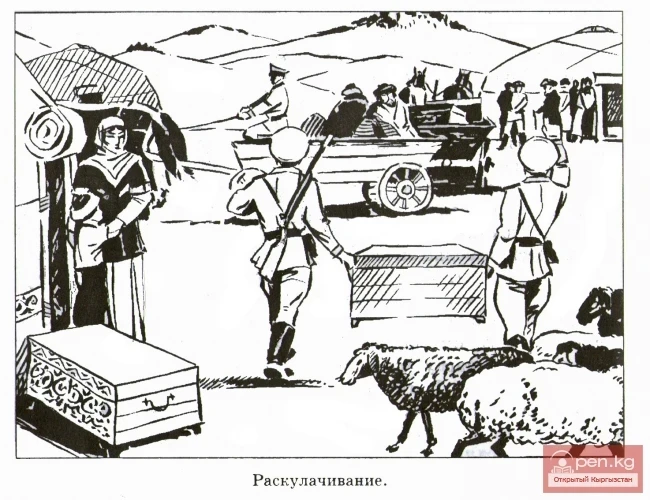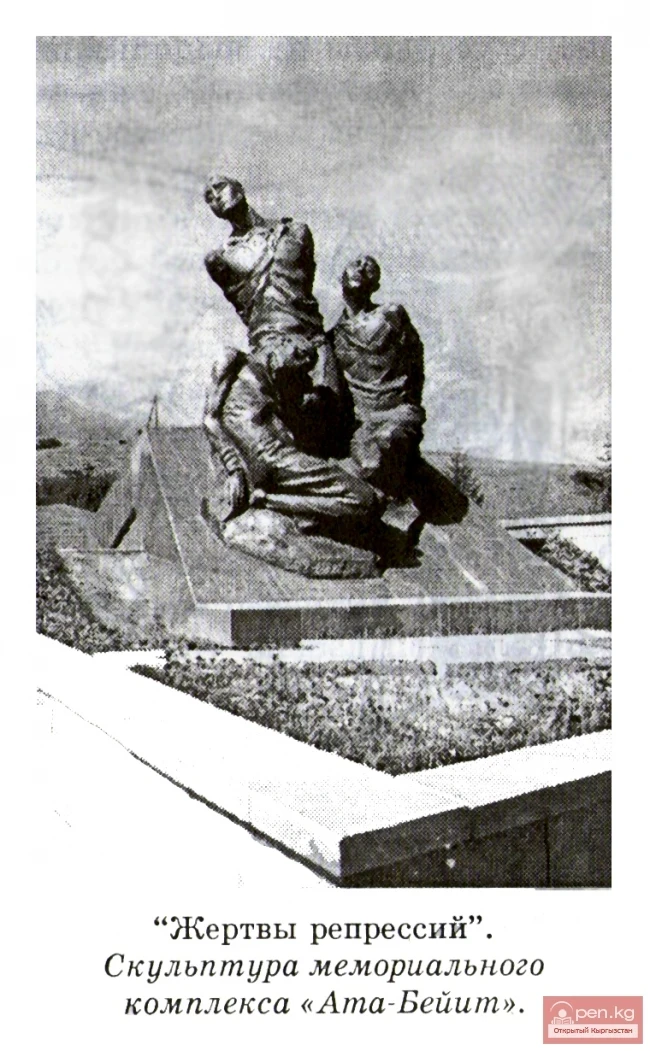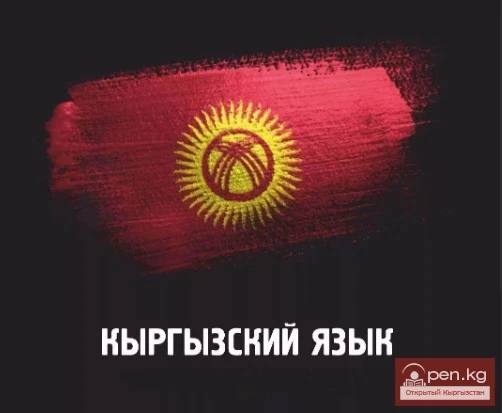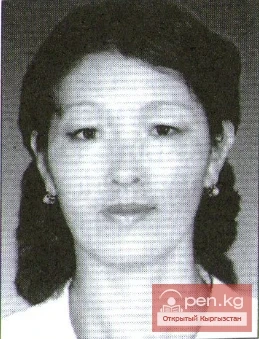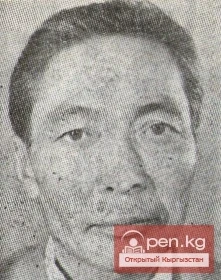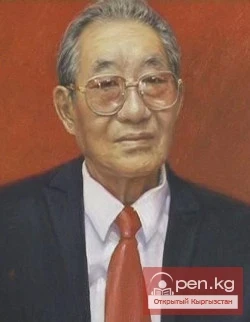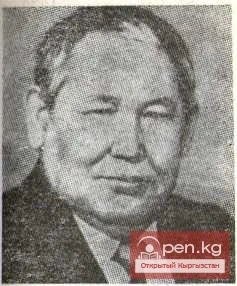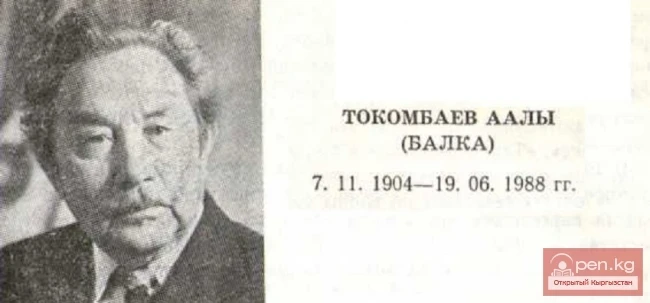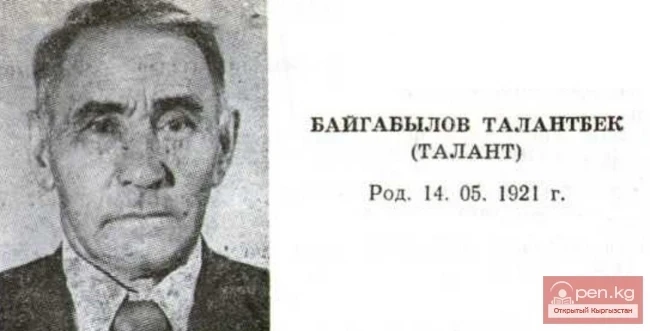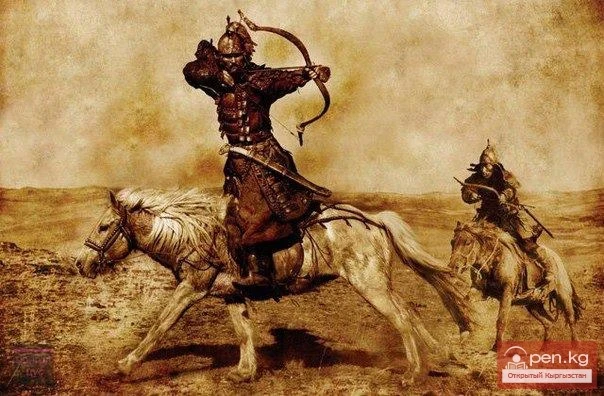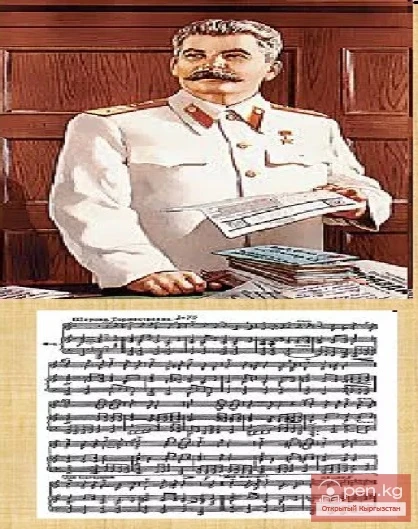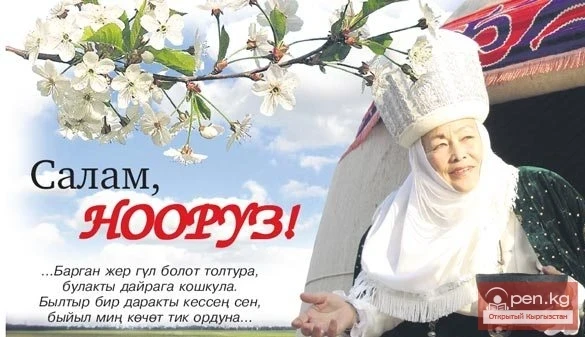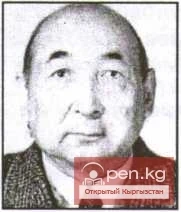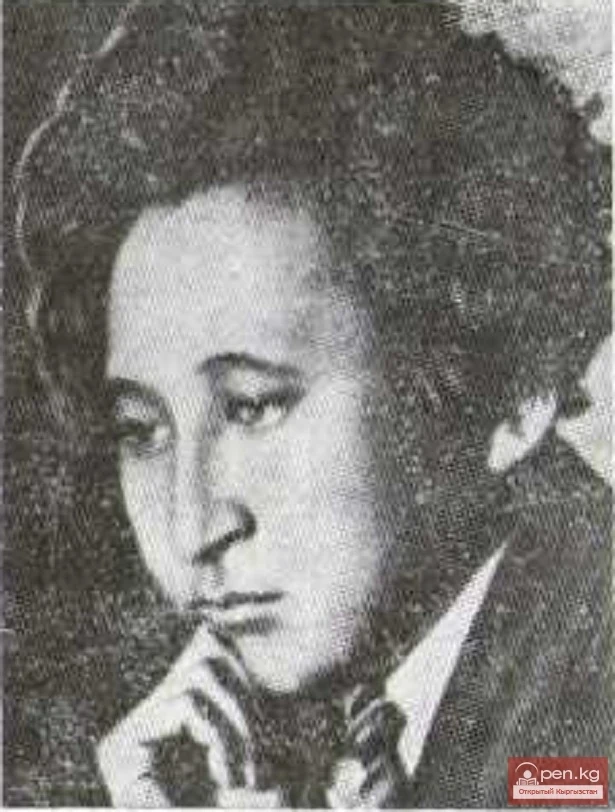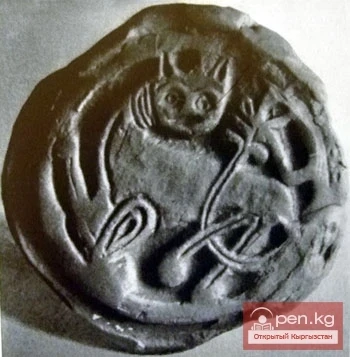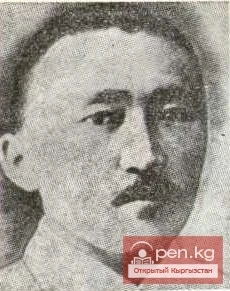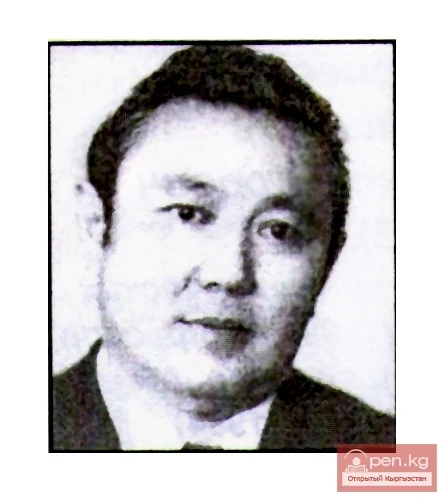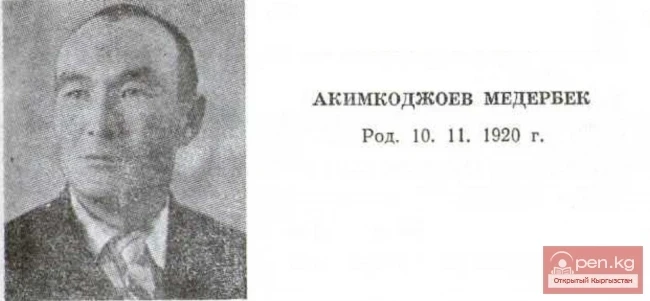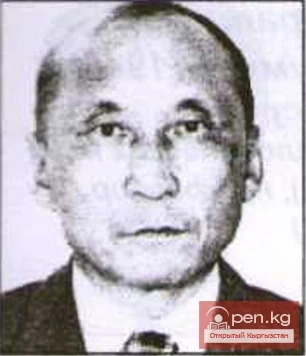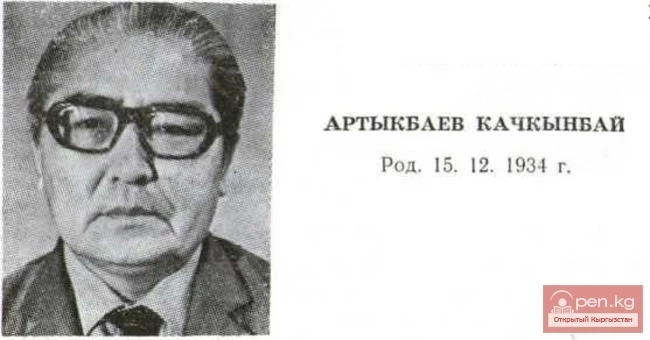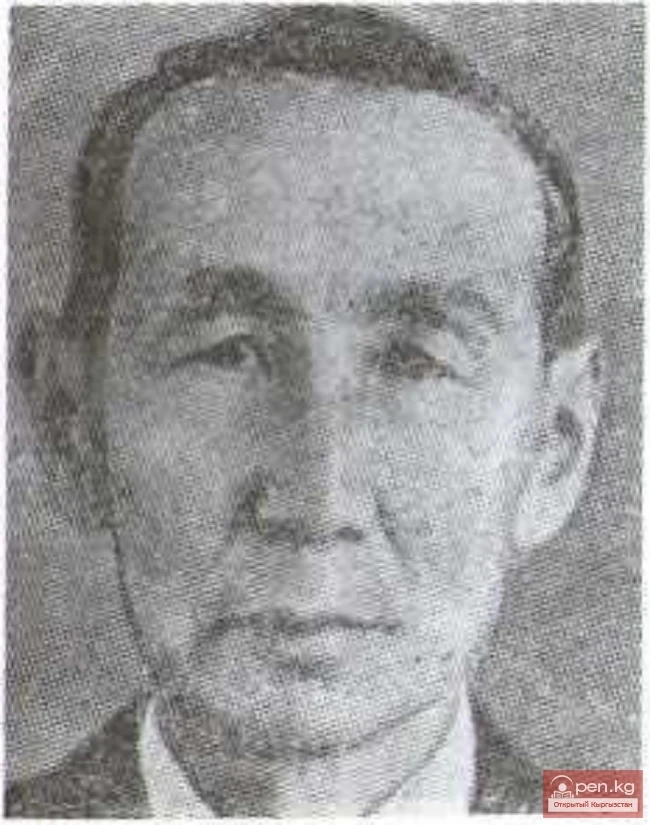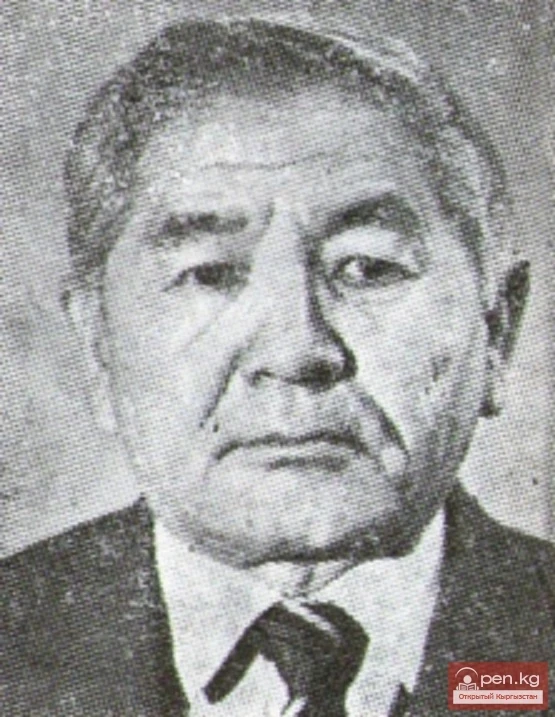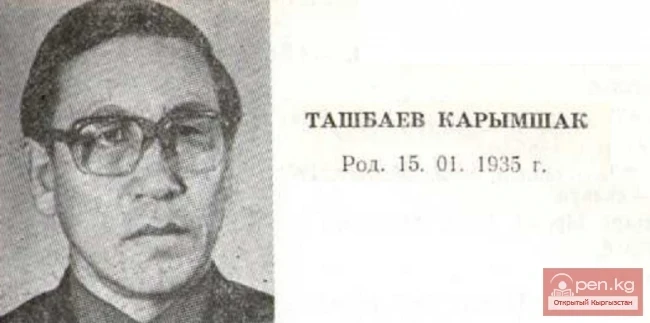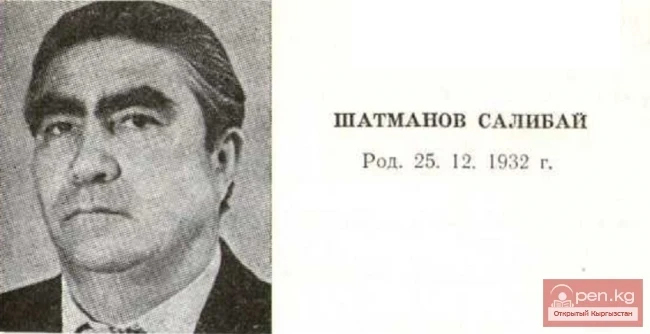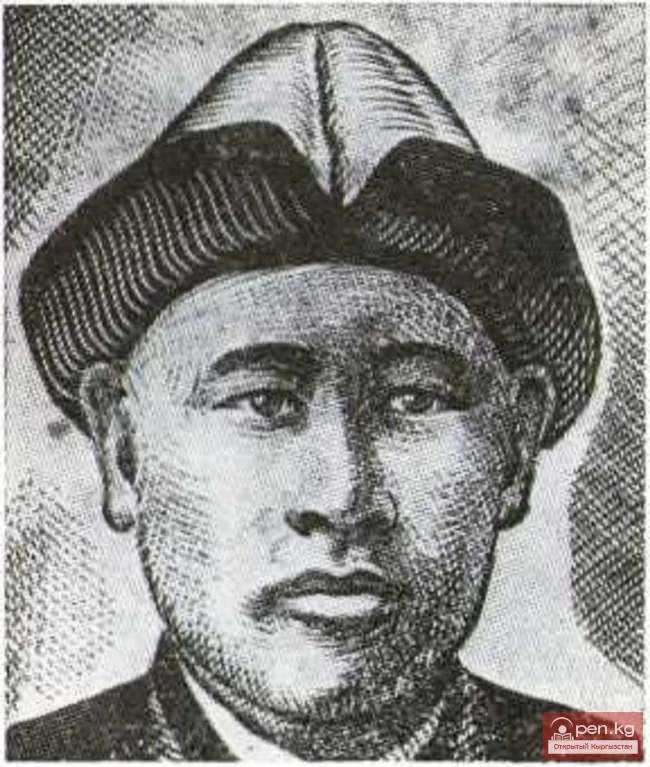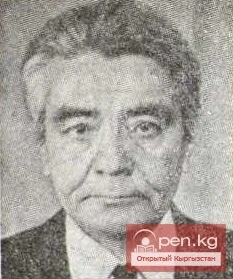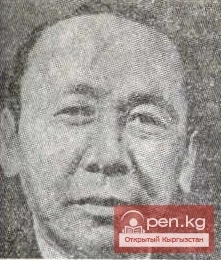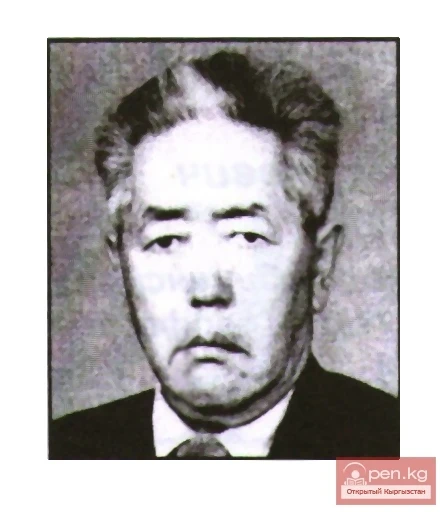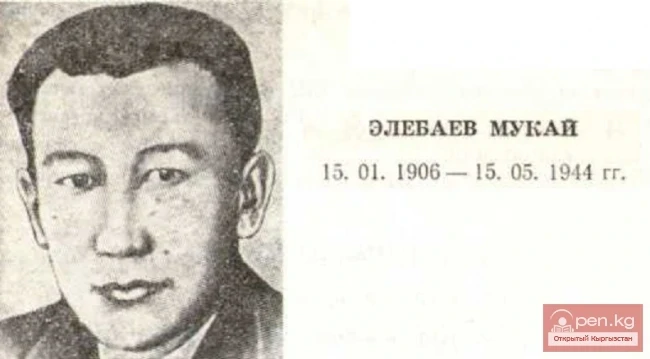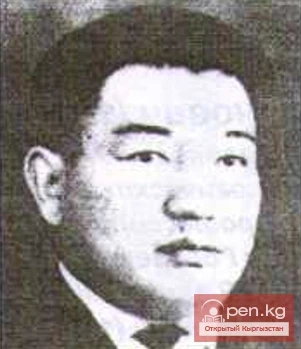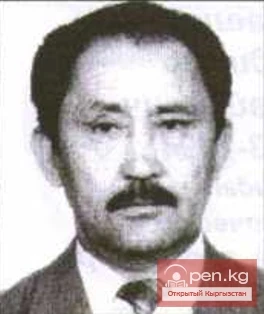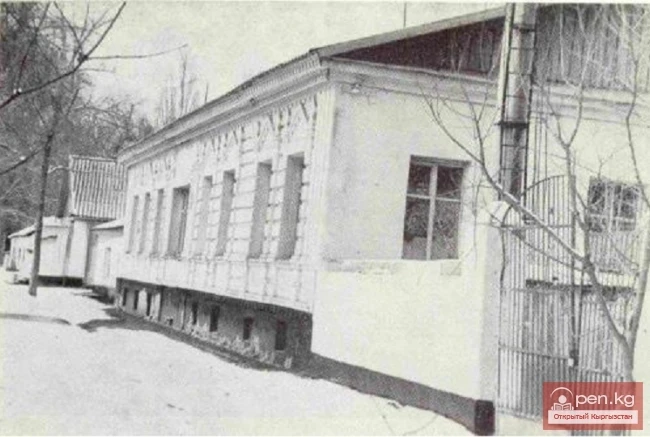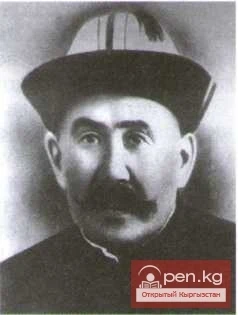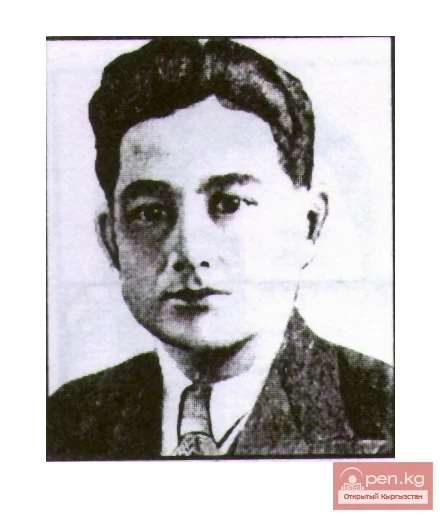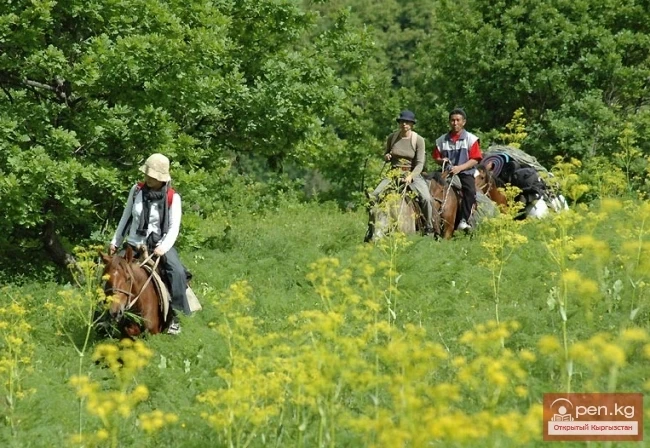Establishment of Autocracy.
The Soviet power had many enemies—both external and internal. They constantly attempted to overthrow the new authority. To maintain power under these conditions, the Bolshevik party needed a strong government. Therefore, a one-party system had to be established in the country. The Bolsheviks banned the activities of other parties besides their own and removed their representatives from power. To preserve party unity, the Bolsheviks also imposed a ban on the activities of factions (groups) within the party.
Centralized power of the Bolshevik party was established in all spheres of public life. This allowed the party-state nomenclature to abuse its power. After the death of V. I. Lenin in 1924, I. Stalin, who came to power, established authoritarian rule in the party and took all measures to strengthen it.
Being very ambitious and suspicious, he trusted no one. To maintain his absolute power, I. Stalin eliminated even close and loyal people, party comrades, and prominent state leaders.
In such a complicated situation, the Kyrgyz Autonomous Republic began its existence. All major issues were resolved based on directives from Moscow. People who had no understanding of Kyrgyzstan were appointed to key government positions from the center. From 1925 to 1932, more than 500 people were sent from Moscow to Kyrgyzstan for leadership positions.
Prominent Kyrgyz statesmen did not want to accept this situation. In 1925, thirty Kyrgyz communists, led by A. Sydykov, A. Orozbekov, and I. Aydarbekov, wrote a letter to the Central Committee of the Bolshevik party expressing their critical stance on the situation in Kyrgyzstan. However, the authors hoped in vain for a favorable outcome. They were accused of nationalism, expelled from the party, removed from their positions, and subsequently repressed.
Y. Abdrakhmanov, who headed the Kyrgyz government from 1924 to 1933, also wrote several letters to I. Stalin pointing out the shortcomings of such governance. For this, he was dismissed from his position.
Mass Repressions: The Chon-Tash Tragedy. In the late 1920s, repressions against "enemies of the people" began in Kyrgyzstan, as in other republics. In the 1930s, they intensified. More and more principled and honest statesmen were arrested. In 1933, a prominent statesman, Abdykerim Sydykov, was arrested and exiled for 10 years based on a false denunciation. At the same time, an order was received to "identify and repress 10,000 enemies of the people in Kyrgyzstan."
In 1937, Colonel Lotsmanov was appointed head of the NKVD (People's Commissariat for Internal Affairs) of Kyrgyzstan. A cruel and merciless man, he sought to curry favor with the leadership through his diligence in exterminating people. With his arrival, repressions took on a mass character. The best people of Kyrgyzstan disappeared secretly, without trial or investigation, into the dungeons of prisons.
This brutal fate befell the majority of educated and prominent people of the republic—statesmen, scientists, akyns, writers, and others. Many of them were blamed for coming from the "exploiter class." For example, A. Sydykov was the grandson of the famous manap Ozubek, and I. Aydarbekov and Y. Abdrakhmanov were descendants of manaps. B. Soltonoev was once elected as a volost leader. For this, they paid with their lives.
In the bloody mill of mass extermination, such outstanding figures as K. Tynystanov and E. Polivanov, who made significant contributions to the development of science, perished. Many well-known Kyrgyz akyns and writers, including Zh. Bokonbaev and A. Tokombaev, also experienced the nightmare of humiliation and mockery. During the 1920s and 1930s, about 30,000 Kyrgyzstanis became victims of Stalin's repressions.
In June 1991, a mass burial site of the victims of repression was discovered in the Chon-Tash area near the city of Bishkek. It was established that on November 6 and 8, 1938, 138 of the most prominent state and party leaders of Kyrgyzstan were shot here. Their bodies were thrown into a shaft of a local brick factory.
Among them was the father of the famous writer Chingiz Aitmatov, Torokul Aitmatov. The remains of the outstanding sons of the Kyrgyz people were reburied with honors, and a memorial complex dedicated to the victims of political repressions, "Ata-Beyit" ("Grave of the Fathers"), was erected at the site of their death.
Mass repressions also affected ordinary people, far removed from politics. Thus, during the forced collectivization, the task was set to eliminate the kulaks as a class. Directives were sent from the center: "Where collectivization is taking place, 3-5 percent of peasants should be declared kulaks." In Kyrgyzstan, especially in backward areas, such a number of kulaks simply could not exist. But local authorities, unconditionally obeying directives from above, diligently carried them out. The right to decide the fates of people—whether to recognize them as kulaks or not—was granted to the so-called "troikas," which included the secretary of the local party organization, a member of the village council, and a police officer.
Most middle peasants, and sometimes even poor peasants, were recognized as kulaks. In some places, peasants with one or two cows or horses, or a dozen goats and sheep, were declared kulaks. As a result of such "diligence," 10 percent of peasants in Kyrgyzstan were exterminated.
Some of the dispossessed were sentenced, while others were exiled far away to foreign lands—such as Ukraine, while others were exiled to closer locations. Their homes and other acquired property were confiscated, and they were deprived of voting rights. It was strictly forbidden to accept them into collective farms.
Those exiled to distant lands, the "dekulakized," and their families faced enormous difficulties on the road, suffering deprivations and disasters. Many of them died on the way or in foreign lands.
The repressions and persecutions accompanying collectivization caused a wave of discontent among the people. In Issyk-Kul, Naryn, At-Bashy, Balakchy, and in southern Kyrgyzstan, peasants began to offer armed resistance, but it was brutally suppressed.
Political repressions created a heavy atmosphere of fear and suspicion in society, leading to submissive obedience to higher state authorities. Leaders were afraid to show initiative and make independent decisions. Republican and local authorities sought to fulfill and exceed the directives and orders coming from Moscow at any cost.
And yet, despite the fact that the administrative-command system with its mass repressions had a detrimental effect on society and became a brake on its further development, the creative force of the masses propelled the country forward on the path of progress.
